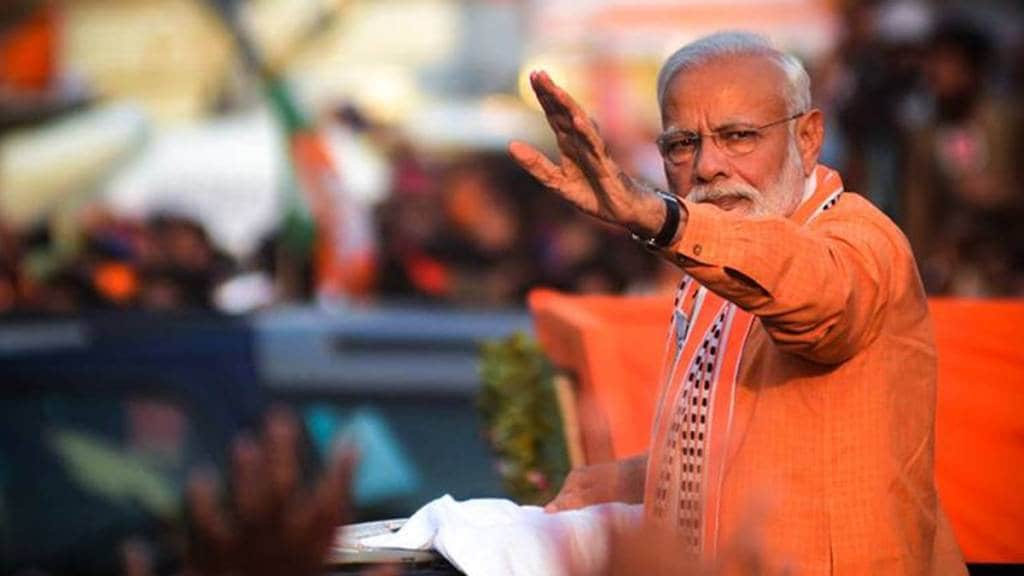Multinational investment banks Nomura and HSBC have hinted at continuity at the Centre following the Lok Sabha elections, suggesting the return of the Narendra Modi-led government to power for a third consecutive term. Lok Sabha elections are currently underway and the results are scheduled to be declared on June 4.
Nomura analysts Sonal Varma and Aurodeep Nandi said in a research report quoted by the Times of India that the opinion polls pointed towards continuity after elections, implying a corresponding continuity in policies.
Calling for tough reforms in politically sensitive areas to spur economic growth, the Numoura analysts said the Centre could consider reforms — land, capital and judicial — besides simplifying the administration of direct and indirect taxes. The report further said that the government may look at bringing electricity, oil and gas, and alcohol under the ambit of the Goods and Services Tax (GST) regime.
The reports come at a time when Finance Minister Nirmala Sitharaman has stressed on the need for a stable government to achieve the goal of India becoming a developed nation by 2047.
BJP tally may rise to 323: HSBC
In its report, HSBC economist Pranjul Bhandari said the BJP’s tally may increase by 20 seats to 323 while the NDA’s numbers may rise further to 377. The BJP won 303 seats in the 2019 Lok Sabha elections while the NDA tally settled at 353 seats with a vote share of 37.76 per cent and 45 per cent, respectively.
Spelling out his economic outlook for India, Bhandari expects easy-to-moderate reforms to deliver 6.5 per cent growth over the medium term while a growth rate of 7.5 per cent would require tougher reforms.
The report lists infrastructure, facilitating business in electronics and EVs as easy reforms while improving local govt funding, simplifying tax systems, and upgrading infrastructure financing models have been listed as moderate reforms.
Subsidies, land and labour, and modernising education and healthcare systems, on the other hand, have been categorised as difficult reforms. Financial Express Online could not independently verify the report.
In its 10 years in power, the Modi government has undertaken reforms like the introduction of GST, the rollout of the UPI, Make In India, and demonetisation, among others. Land and labour, critical to attracting investments, have however proven to be a tricky terrain politically.
Elections for the Lok Sabha began on April 19 with voting scheduled in seven phases to conclude on June 1. The results will be declared on June 4.


